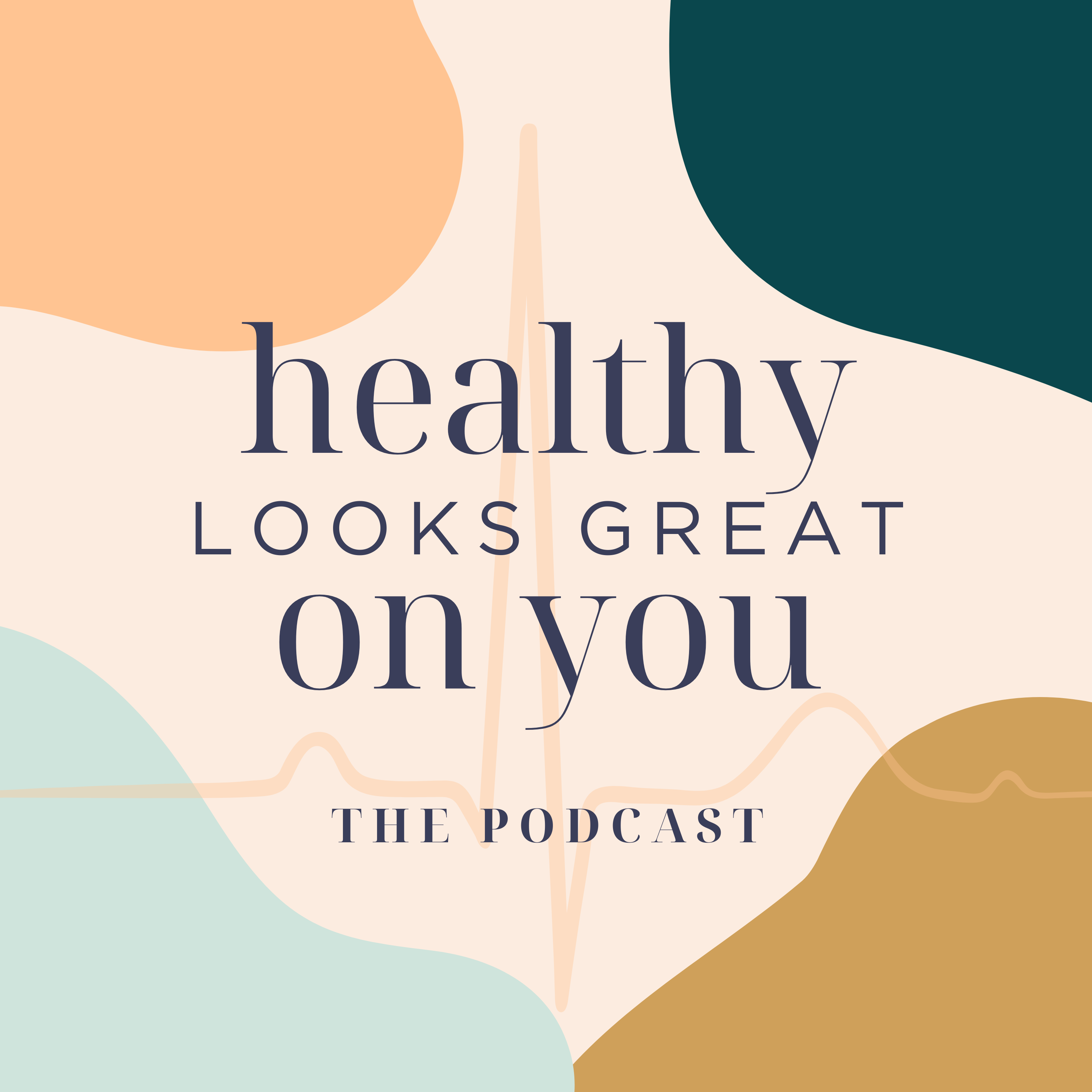An evidence-based look at vitamin D supplements, deficiency, dosing, and health benefits. Learn who needs vitamin D, how much is safe, and why personalization matters.
No Nonsense Metabolism Reset
No Nonsense Metabolism Reset
Need more support?
Join our private community and let’s do this together.
Hosted by:
Vickie Petz Kasper, M.D.
American Board of Lifestyle Medicine Diplomate
Learn more about Dr. Vickie
Three Simple Strategies to Sleep Better
Download your free cheat sheet to start sleeping smarter tonight.
If the holidays has you thinking your metabolism is broken, sluggish, or in need of a reset—this episode is your reset from that thinking.
Your metabolism doesn’t have a reset button. It has feedback loops. And most quick fixes actually send your body the wrong message: food is scarce, stress is high, and it’s time to conserve energy.
In this episode of Healthy Looks Great on You, we break down what metabolism really is (hint: it’s not just about burning calories) and why extreme dieting, under-eating, poor sleep, and all-or-nothing exercise plans often lead to fatigue, brain fog, and stubborn belly fat—especially as we age.
You’ll learn:
-
What metabolism actually does in your body
-
Why it’s more like a thermostat than a race car
-
How stress and sleep deprivation slow metabolic function
-
Why muscle is your metabolic ally—and why it matters more with age
-
What actually helps metabolism recover over time (without extremes)
This episode isn’t about detoxes, punishment, or starting over every January. It’s about rebuilding your metabolism with consistent signals your body can trust—enough food, better sleep, strength training, and patience.
Because nothing is broken.
Slow progress is still progress.
And when your body feels safe, change becomes possible.
🎧 Listen Now and learn why steady, evidence-based habits are the real metabolism upgrade—and why healthy really does look great on you.
Healthy Looks Great on You The LAB
Join our private community and let’s do this together!
Related Episodes
Should You Take a Vitamin D Supplement?
Tackling Overwhelm and Belly Fat
Why belly fat becomes more stubborn with age and overwhelm. Learn how stress, sleep, and hormones affect belly fat—and what actually helps in January.
No Nonsense Metabolism Reset
Metabolism Reset (Without the Nonsense) explains why extreme diets fail and how consistent eating, sleep, and muscle support real metabolic health.







